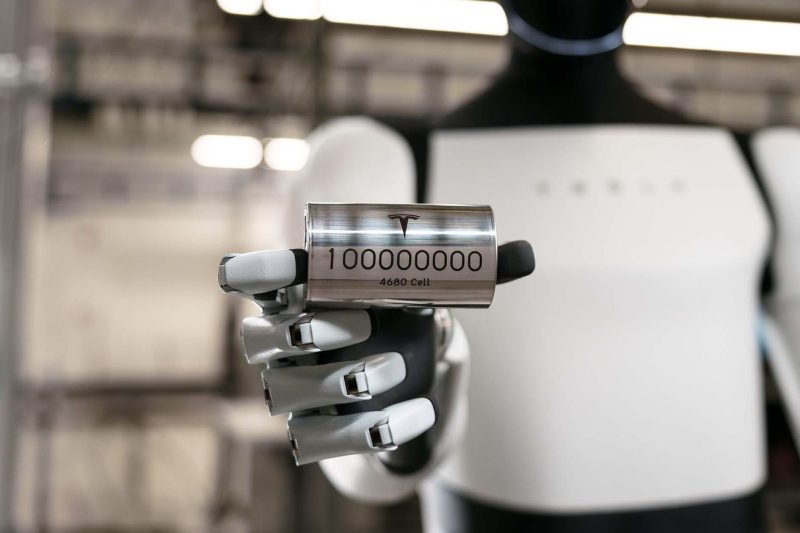
Shocking Prediction: The World’s Leading Battery Maker Predicts Failure for Elon Musk’s 4680 Cell
The move to electric vehicles has significantly altered the automotive industry, with major players like Tesla pushing boundaries with groundbreaking technologies. Tesla’s CEO, Elon Musk, recently unveiled the new 4680 battery cell as a game-changer in the electric vehicle market. However, this innovation has faced skepticism from some industry experts, particularly the world’s biggest battery maker.
Contemporary Amperex Technology Co. Ltd. (CATL), the world’s largest battery manufacturer, expressed concerns regarding the feasibility and reliability of Tesla’s 4680 battery cell technology. While Musk has emphasized the advantages of the larger-sized cell, stating it would provide increased energy efficiency and reduced costs, CATL remains cautious about its potential pitfalls.
One of the key areas of contention between CATL and Tesla is the manufacturing process of the 4680 battery cells. CATL argues that producing such large-format cells could pose challenges in terms of consistency and quality control. The intricate chemistry and production methods required for these cells might not be easily scalable, which could lead to issues with mass production for commercial use.
Moreover, CATL raises doubts about the structural integrity and thermal management of the 4680 cells. The larger size of these cells may result in uneven heat distribution, potentially leading to overheating and safety concerns. Ensuring the stability and safety of these cells in real-world applications, especially in electric vehicles, is crucial to prevent any risks of malfunction or failure.
Despite these reservations, Tesla remains steadfast in its commitment to the 4680 battery cell technology. Musk has emphasized the potential cost savings and energy efficiency improvements that these cells could bring to the electric vehicle market. Tesla’s vertical integration strategy, which involves in-house battery production, could enable the company to address any technical challenges and optimize the performance of the 4680 cells.
Overall, the debate between Tesla and CATL highlights the complex landscape of battery technology in the electric vehicle industry. While Tesla’s 4680 battery cell offers promising advancements, industry experts like CATL underscore the importance of rigorous testing and validation to ensure the long-term viability and safety of these innovations. As the electric vehicle market continues to evolve, collaboration and constructive dialogue between industry leaders will be essential to drive sustainable progress and innovation in battery technology.
